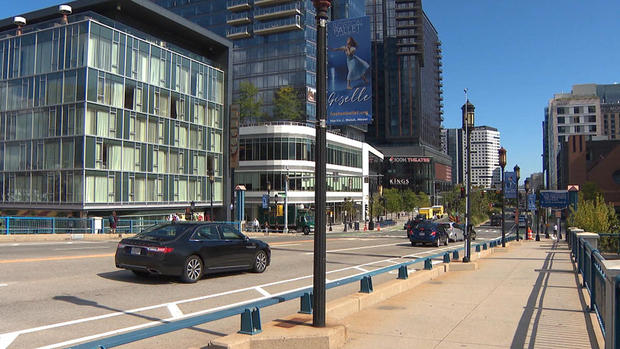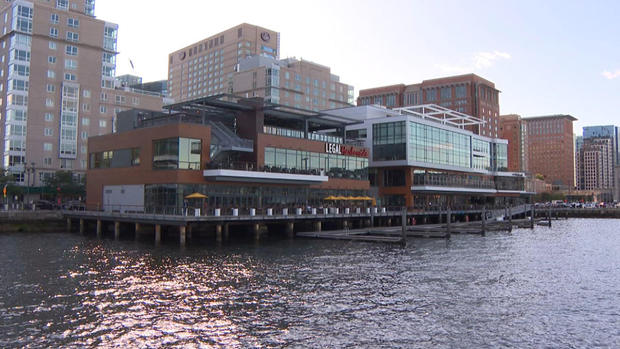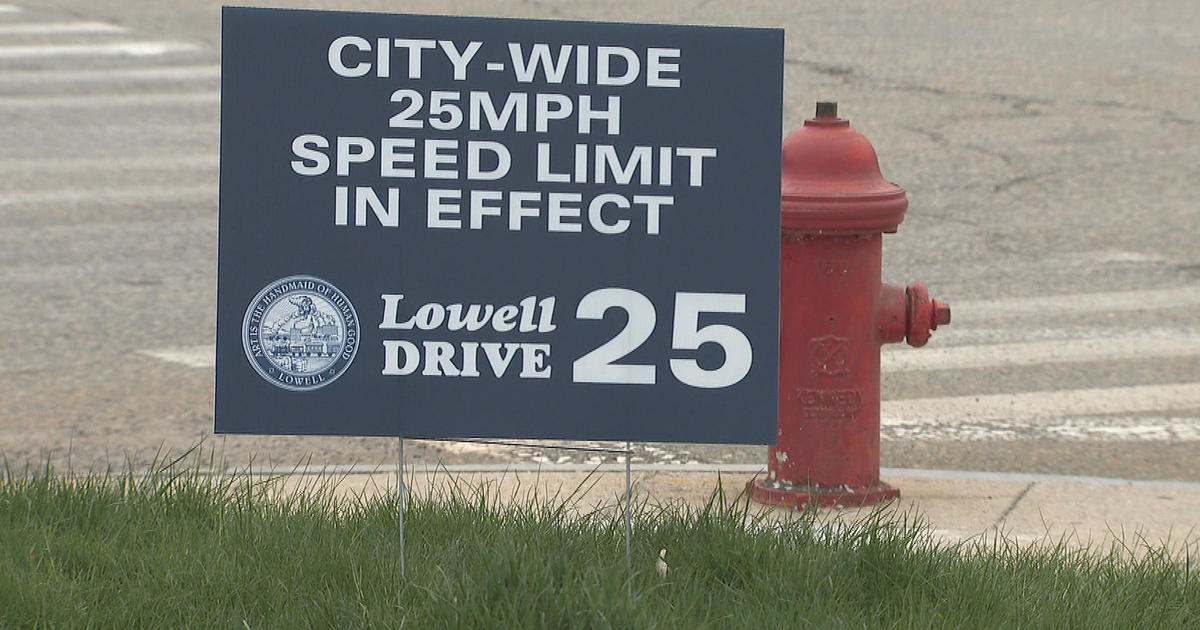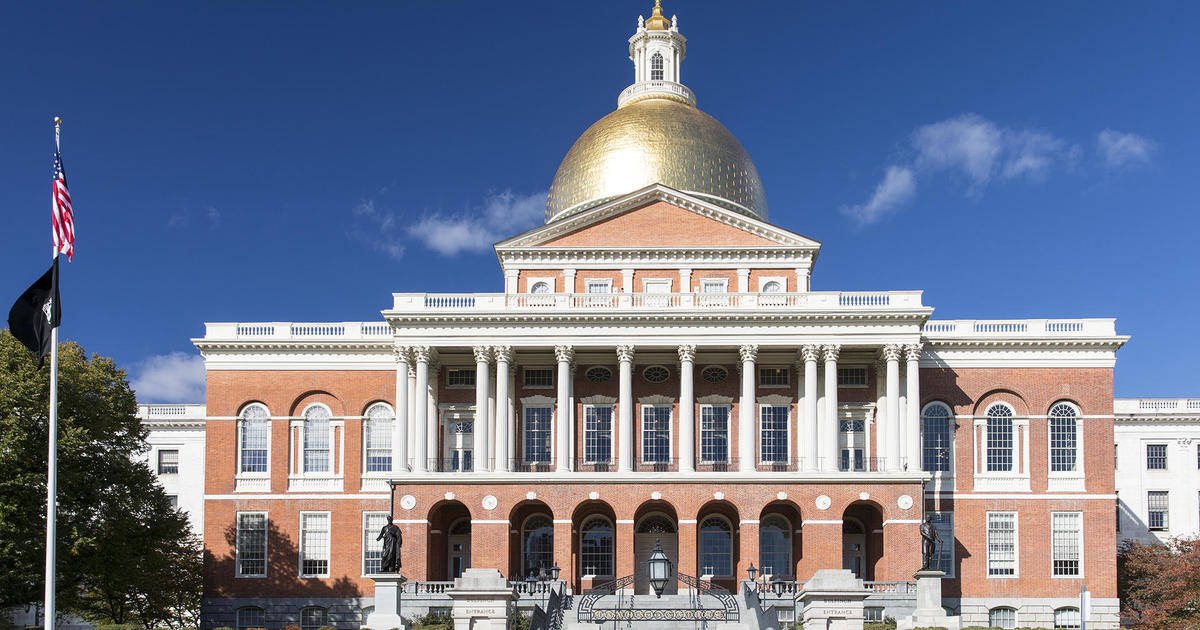Boston Next: Developers And City Planners Bracing For Climate Change
BOSTON (CBS)- A grim report from UN scientists is raising concerns about what is coming if something isn't done to slow global warming. The report is predicting a three feet rise in sea level by the end of the century.
According to climate scientist Zach Zobel of the Woods Hole Research Center, that is of particular concern for those of us who live in New England. "Expect places like the northeast to have a quicker increase in sea level," he said.
That means trouble down the road for coastal neighborhoods in Massachusetts, and particularly the newly developed Seaport neighborhood in South Boston. "It's a great place to walk around," one neighbor said. "Being on the water is beautiful," said another woman walking her dog.
But those sweeping views come at a cost according to Zobel's colleague at Woods Hole, Dr. Spencer Glendon. "This was all marshland before, marshland that absorbed seawater," he said.
"In its place were these tall concrete, glass [buildings], none of which are prepared for what is coming which is a lot more rain, more heat and more ocean," explained Dr. Glendon.
A storm last year is a preview of what is to come, flooded streets and subway stations and water powerful enough to carry a dumpster down the street.
Predictions by the National Oceanic and Atmospheric Administration suggest Boston could see up to 19 days of high-tide flooding this year, that's without any rain or stormy weather, and as many as 75 so-called sunny day flooding events by 2050.
With predictions like that, it may seem crazy to spend hundreds of millions of dollars on a luxury residential tower on the water's edge in the Seaport, but the developers of the St. Regis Residential tower have a plan to protect their building.
"We are building a 100-year building. We want to make sure it will last 100 years, but well beyond that," explained William R. Halter, an architect for Elkus Manfredi, the firm behind the building's design.
According to Halter, the design will allow the ground floor to be permanently be raised by several feet, without impacting the restaurant planned for the first two floors of the building.
In addition to a physical barrier that is incorporated into the design of the building, the space also has a flex-wall system that will protect the building from floating debris carried by storm surges.
"The water is one thing, but it's the dumpster that's floating down the street that is actually a more destructive piece," he said. The flex-wall can be raised during flooding events and lowered when not in use.
The City of Boston is also planning for a wetter future. Martin Richard's park in the Seaport was built to serve as not only a play place for kids, but as a flood barrier for the neighborhood. Designs for a new Moakley Park in South Boston and Ryan Park in Charlestown will also offer protection.
The city also has some long term plans to elevate main roads in East Boston and Charlestown to help avoid floods. This, according to Halter is critical.
"So while we can raise our building another 30 inches to five feet up from there, we need the roads and everything else to come up with us as well," he said.
Dr. Glendon and his colleagues at Woods Hole applaud the efforts, but they fear what will happen if we don't address the cause of climate change.
"If the world and Boston continue with carbon, the whole area will be under water. It won't be enough to protect against storm surges," said Dr. Glendon, "The sea will rise too much for this to be habitable."





